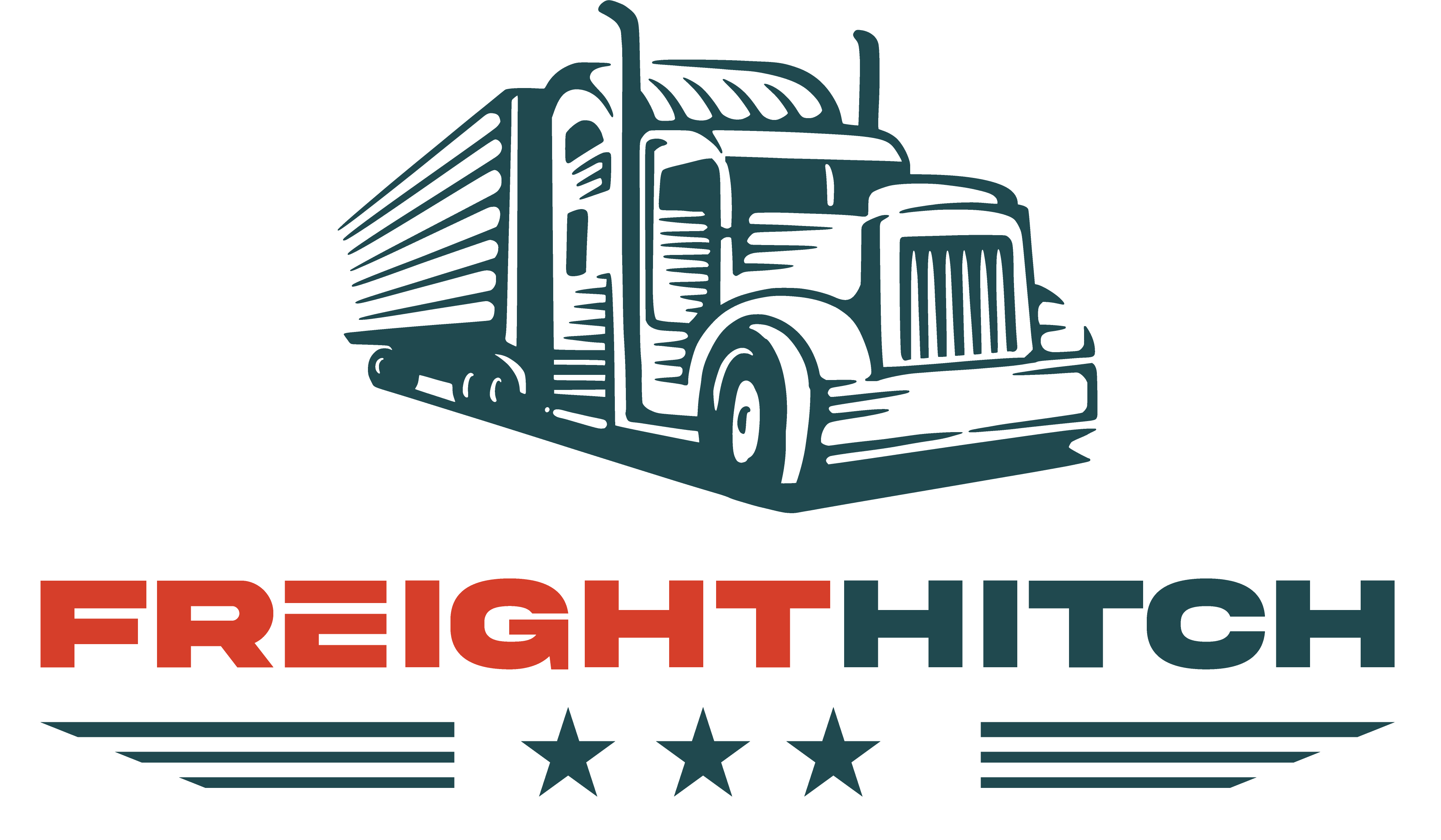Introduction: A New Era in Logistics
The logistics industry is no stranger to change, but the recent investigation into GXO Logistics’ $962 million acquisition of Wincanton has sent ripples through the market. This high-profile probe by the UK’s Competition and Markets Authority (CMA) is raising questions about the future landscape of shipping and logistics, with potential impacts on Less-Than-Truckload (LTL) services and shipping costs.
Why does this matter? In an industry where efficiency, speed, and cost control are paramount, mergers like this one could reshape competitive dynamics, potentially influencing everything from service availability to pricing structures. According to Reuters, the CMA’s deep dive into the GXO-Wincanton Merger deal is due to concerns that it could stifle competition and lead to price increases for consumers and businesses alike.
Background of the GXO-Wincanton Merger
To understand the significance of this investigation, let’s take a closer look at the key players. GXO Logistics is a global leader in contract logistics, known for its expansive operations and cutting-edge technology in supply chain solutions. Wincanton, on the other hand, is a major UK-based logistics company with strong regional capabilities and a focus on sectors ranging from retail to construction.
The proposed merger aims to bolster GXO’s footprint in the UK market, strengthening its position and capabilities. However, this deal has triggered alarms for the CMA, which argues that it could limit competition and lead to higher prices and fewer choices for businesses relying on logistics services. The last thing shippers need is fewer options and higher rates, particularly in a market that thrives on flexibility and competitive pricing.
This investigation isn’t just a procedural check; it signals a broader trend of heightened scrutiny on large-scale mergers within the logistics sector. The outcome could set a precedent for how similar deals are approached in the future, potentially impacting the LTL segment and the shipping industry at large.
Implications for the LTL and Shipping Industry
The potential ripple effects of the GXO-Wincanton merger extend beyond the companies involved, touching the entire logistics ecosystem—particularly the Less-Than-Truckload (LTL) shipping sector. The UK’s Competition and Markets Authority (CMA) has expressed concerns that reduced competition from such mergers could tighten the market, potentially driving up prices and limiting service options for shippers.
Reduced Competition and Higher Prices
One of the main points raised by the CMA’s investigation is the risk of reduced competition. In a highly competitive market, multiple carriers vie for shippers’ business, which helps keep prices reasonable and service quality high. A merger of this scale could alter that balance. If approved without restrictions, GXO’s expanded capabilities may lead to an industry shift where smaller logistics providers face more significant challenges to remain competitive. As competition decreases, the natural consequence could be higher prices for LTL services—a significant concern for small to mid-sized businesses that rely on affordable shipping options to stay operational.
Impact on LTL Services and Availability
LTL shipping, known for combining shipments from various businesses into a single truckload, thrives on flexibility and multiple carrier choices. Industry analysts warn that a merger like GXO and Wincanton’s could reduce the number of carriers capable of offering comprehensive LTL solutions, leading to fewer options and potential bottlenecks during high-demand periods. For businesses needing to move smaller shipments quickly and cost-effectively, the fallout could mean a shift in how they plan logistics, possibly impacting their bottom line.
The Role of Regulatory Bodies in Maintaining Market Balance
The CMA’s role in this investigation is to ensure that mergers and acquisitions don’t harm competition, maintaining a fair market landscape. The CMA has a history of rigorous scrutiny in similar cases, demonstrating its commitment to protecting consumer and business interests.
Other Notable Regulatory Interventions
The GXO-Wincanton merger isn’t the first major deal to come under the microscope. Over the past decade, the logistics industry has seen a surge in consolidation efforts, with regulators stepping in to assess the impact of these moves on market competition. For instance, the European Commission previously intervened in significant mergers where competition risks were high, sometimes resulting in conditions being imposed on the merging parties to maintain balance.
Such interventions often come with requirements like divesting certain business units or agreeing to specific operational conditions to prevent monopolistic behavior. The outcome of the CMA’s probe into GXO and Wincanton could follow a similar path, setting a precedent for future mergers in the logistics space.
Potential Outcomes of the Investigation
The CMA’s investigation into the GXO-Wincanton merger could lead to a few different outcomes, each with significant implications for the logistics industry.
1. Conditional Approval
In some cases, regulatory bodies approve mergers but impose conditions aimed at preserving competition. For the GXO-Wincanton deal, this could mean requiring the divestment of specific business units or the establishment of contractual agreements that prevent anti-competitive behavior. According to Reuters, such conditions have been used in past mergers to mitigate risks and protect smaller market players.
2. Complete Rejection
Although less common, a complete rejection of the deal is possible if the CMA finds that no feasible conditions can prevent harm to market competition. This would send a clear signal to other major logistics companies considering mergers: regulatory bodies are serious about maintaining a balanced market that protects shippers and end consumers.
3. Prolonged Scrutiny and Delays
Investigations can sometimes extend beyond their initial timelines, leading to delays that create uncertainty for both the merging parties and the broader industry. This can stall growth plans and leave other market players in a state of limbo as they await the outcome. These delays can have trickle-down effects, influencing short-term strategies for businesses reliant on LTL services.
Strategies for Shippers Amid Industry Uncertainty
With the ongoing probe into the GXO-Wincanton merger, shippers must be proactive in adapting to potential changes in the logistics landscape. Here are some strategies to consider:
Diversifying Logistics Partnerships
Relying solely on one logistics provider can be risky, especially in a market facing consolidation. Shippers should diversify their partnerships to ensure they have alternative options if certain carriers raise prices or reduce service quality. This approach allows businesses to maintain leverage and negotiate better rates, even if larger players dominate the market post-merger.
Leveraging Technology for Real-Time Insights
Staying informed about market shifts is essential for making timely decisions. Utilizing logistics platforms and software that offer real-time tracking, rate comparisons, and carrier performance insights can give shippers a competitive edge. Utilizing logistics platforms and software that offer real-time tracking, rate comparisons, and carrier performance insights can give shippers a competitive edge.
Preparing for Cost Adjustments
If the merger leads to reduced competition and higher LTL rates, shippers should start budgeting for potential cost increases. Strategies like consolidating shipments to minimize the frequency of hauls, optimizing packaging to maximize load space, and planning routes that reduce mileage can help offset some of the anticipated expenses. Additionally, businesses can explore long-term contracts with carriers to lock in more favorable rates before potential market changes take effect.
Discover how Freight Hitch can streamline your shipping needs with reliable and cost-effective solutions at Freight Hitch.
Sources
Reuters Analysis on GXO-Wincanton Merger Probe
Reuters
Gartner’s “Top Supply Chain Technology Trends”
Gartner
McKinsey & Company’s article on “Digital Logistics: Technology Race Gathers Momentum”
McKinsey & Company
PwC’s publication “Shifting Patterns: The Future of the Logistics Industry”
PwC
UK Government News on the GXO-Wincanton Merger Probe
Gov.uk




